2 min read
Gospel-Centered from the Start
“Let us hold unswervingly to the hope we profess, for He Who promised is faithful…Jesus Christ is the same yesterday, today, and forever.” (Hebrews...
4 min read
 Barbara Comito, former marketing director
:
May 1, 2014
Barbara Comito, former marketing director
:
May 1, 2014
In this interview, Dave Edwards, a Spokane mental health professional and former UGM counselor, expands the definition of "addiction" beyond drugs and alcohol and provides helpful insight into how to tell when you have a problem.
UGM: When we hear the word “addiction,” drugs and alcohol come immediately to mind. How is our thinking misshaped by limiting addiction to those two things?
Dave: First, in a very general sense, we tend to focus on the object of addiction as the primary problem. We label alcohol and drugs as the problem and stress sobriety as the cure when really the abuse of substances is more of a symptom or a secondary problem, and if we don’t get to the underlying cause – what led to the drinking or substance abuse in the first place – sobriety will be of little use.
Drugs and alcohol are just one way that people cope with unwanted thoughts, feelings and memories.
 The avoidance, the desire to escape, is the bigger problem, and when we start there, we begin to see how workaholism, shopping, gambling, food, sex, even church activities, can become addictions. People can use these things in a compulsive way to avoid those (conscious or unconscious) unwanted thoughts, feelings and memories. Busy-ness itself can become an addiction. People can simply keep themselves so busy doing things, they don’t have to stop long enough to actually feel their feelings or to think about the things they don’t want to think about. They’re always focused on the next task.
The avoidance, the desire to escape, is the bigger problem, and when we start there, we begin to see how workaholism, shopping, gambling, food, sex, even church activities, can become addictions. People can use these things in a compulsive way to avoid those (conscious or unconscious) unwanted thoughts, feelings and memories. Busy-ness itself can become an addiction. People can simply keep themselves so busy doing things, they don’t have to stop long enough to actually feel their feelings or to think about the things they don’t want to think about. They’re always focused on the next task.
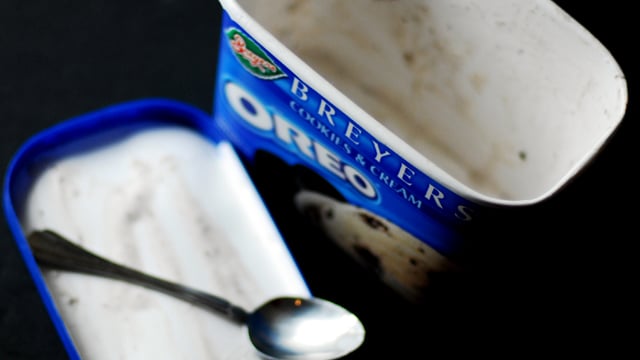
Photo by Mike Bitzenhofer, Creative Commons

Photo by Ian Britton, Creative Commons
UGM: The natural follow-up for me is – Well, of course, I’m going to avoid unwanted thoughts and feelings – they’re unwanted. What’s the healthy alternative?
Dave: Let me back up a little bit. Let’s use exercise as an example. Someone who exercises to relieve stress and stay fit, that’s not necessarily an addiction. That’s a healthy coping mechanism. When does it become an addiction? When the exercise component becomes compulsive. I HAVE to exercise. If I don’t, I’m very irritable. And the person starts to realize he’s not just exercising for the health benefits but to avoid some relationship dynamic in his life. I can’t talk to you now because I’ve got to go work out. I can’t deal with this now; my workouts are really important to me. And this is where the person has to get really honest with himself and ask, What purpose is exercise serving in my life? What’s the goal? Is there something I’m trying to avoid?

UGM: So there’s a difference between saying, “Man, I’ve had a bad day, I feel blue, and I’m gonna go exercise because I know that will help me feel better….” versus, “I want to avoid having to look at why I consistently feel tired and disappointed with my day, and I’m going to use exercise to avoid looking at those other things.”
Dave: Great example. And the exercise becomes ritualistic and compulsive or the person schedules the exercise at a time that conveniently takes him or her away from having to deal with a particular issue. Say someone is having difficulties in their marriage and they work out in the evening so as to limit the amount of time they have to spend with their partner. These are the dots that have to be connected for a person to begin to see they might have an addiction.
Photo by Nathan Rupert, Creative Commons
UGM: What questions or landmarks might a person look for to indicate a possible addiction?
Dave: We touched on a big one, and that’s the motivation question. What’s driving me to exercise? What’s driving me to shop? What’s driving me to eat as much as I eat? Look at what’s underneath. A person has to actually have the willingness to do that, which is a big step. Another tell-tale sign is when you find yourself not being able to stop or cut back. Almost like a drug addict going through withdrawal, you hit resistance and maybe there’s anxiety or anger because you can’t do what you’ve been doing.
UGM: So we have two types of questions that might help identify an addiction in your life: What is my motivation or why am I doing this? And, if I decide I need to cut down, what happens within me? What kind of resistance do I meet? What kinds of emotions are attached to losing this?
Dave: Another factor to consider is the idea that addiction is a kind of escapism. So another question a person might ask themselves is, am I using shopping, eating or whatever as a form of escape in my life? Is there something I’m struggling with – a feeling, an inadequacy, a relationship dynamic or a problem – that’s not getting resolved and so I use this substance or behavior as a way to temporarily distract myself or feel better?
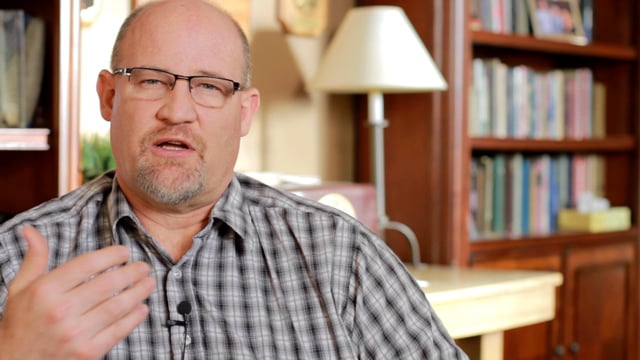
Dave Edwards graduated from California Graduate School of Psychology in June 1997 with a Master of Science degree in Clinical Psychology. He is a licensed Marriage and Family Therapist in the state of Washington and has worked as a mental health counselor for the past 14 years. Dave has experience and expertise in working with marriage and family issues, as well as dual diagnosis adults in both private practice and agency settings. Prior to entering the professional mental health arena, Dave worked in pastoral counseling for 15 years.
Want to know more about addiction, recovery and how God is at work at UGM? We'd love to share more stories with you. Click below to sign up for the Mission News.
You might also be interested in these posts on the issues surrounding addiction:

2 min read
“Let us hold unswervingly to the hope we profess, for He Who promised is faithful…Jesus Christ is the same yesterday, today, and forever.” (Hebrews...

9 min read
To celebrate 75 years of serving the Inland Northwest, we are spending the year remembering our history and the faithfulness that built us and...

2 min read
In 2026, Union Gospel Mission Inland Northwest is approaching our 75th Anniversary! This is a milestone that invites gratitude and reflection, and...
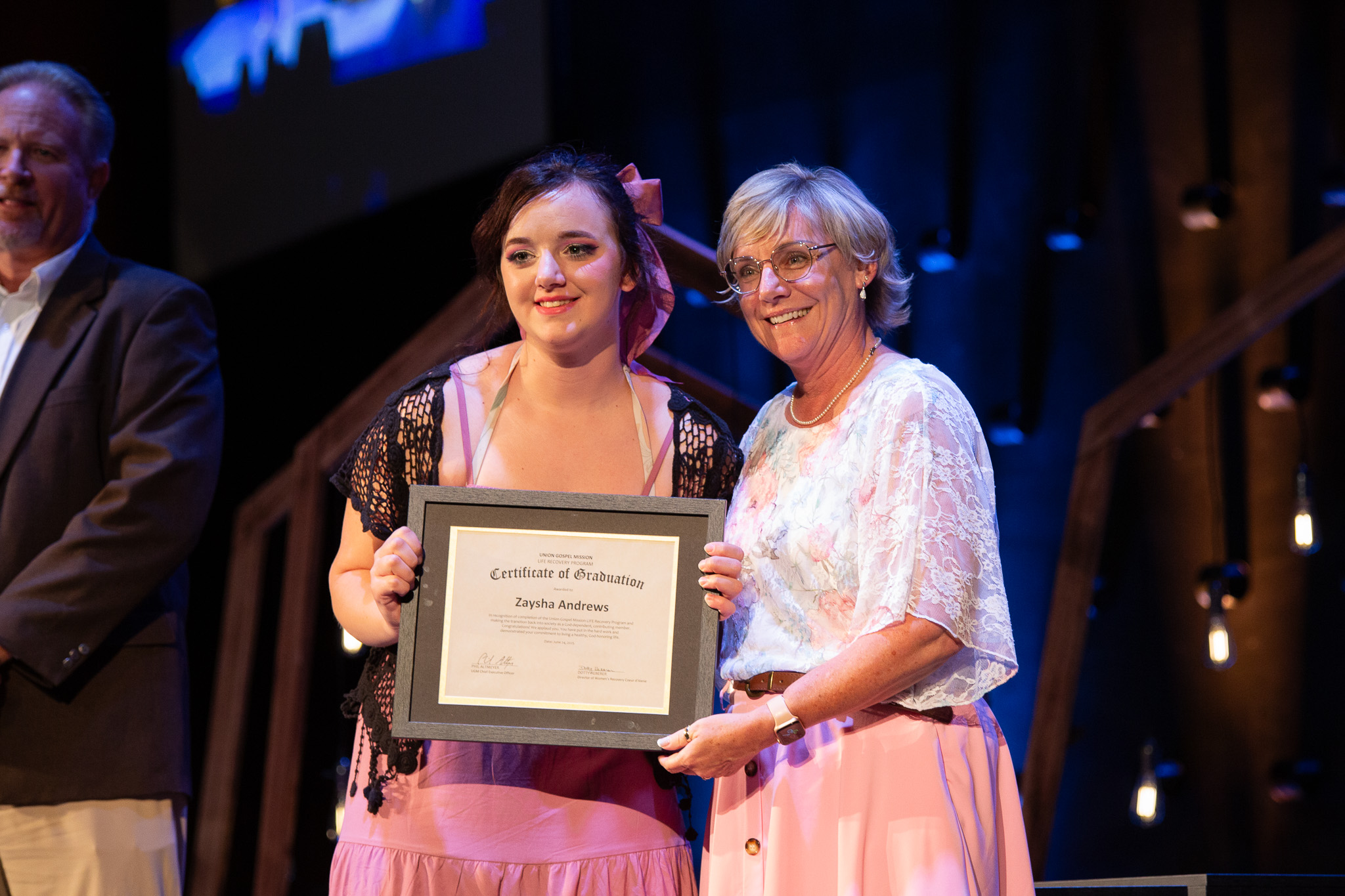
The 2025 Life Recovery commencees have journeyed through deep valleys of struggle and hardship. Yet, with resilience and grace, they have emerged...
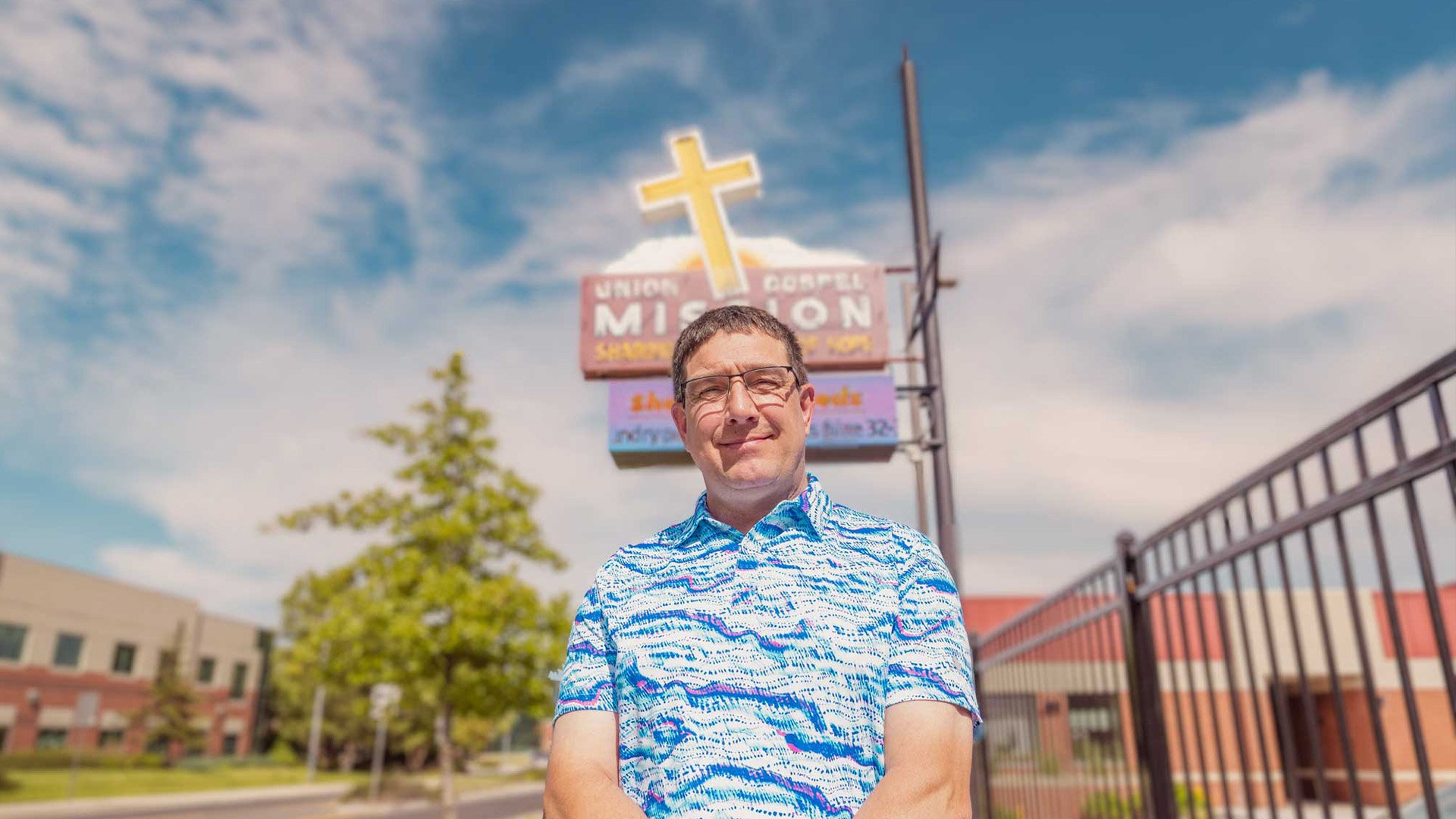
“The enemy got his hooks into me early. I’d been using for roughly 40 years.”
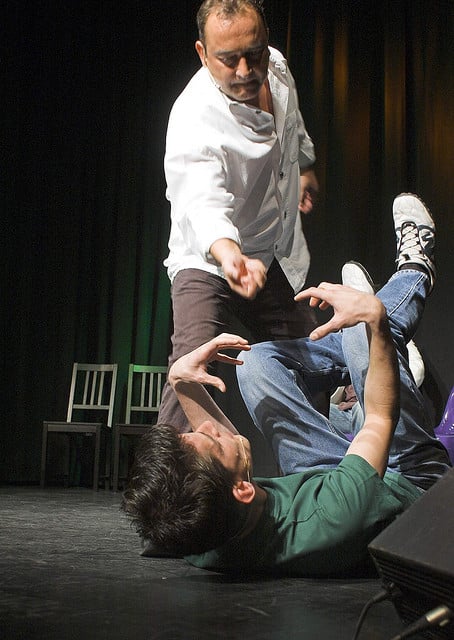
When I say “counseling,” what do you picture? Most of us probably imagine two people in a quiet room, seated in comfortable chairs, talking. You’ve...